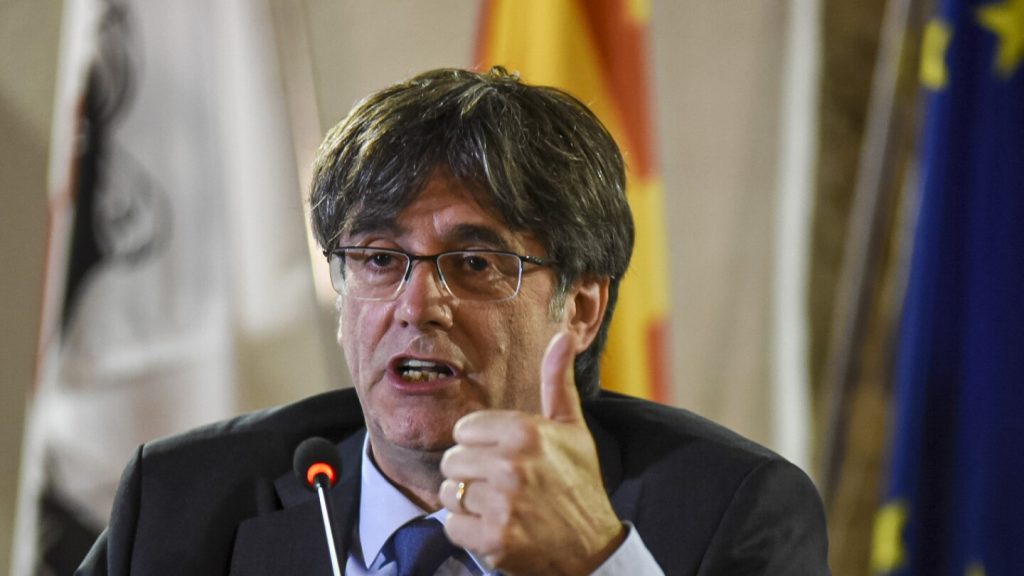Puigdemont, who fled to Belgium after leading the failed 2017 independence bid, is now being called to testify as a defendant in a terrorism investigation related to protests linked to the referendum. The Supreme Court has summoned Puigdemont and Catalan lawmaker Rubén Wagensberg to testify voluntarily via video conference from their residences outside of Spain between June 17-21. The investigation is focused on a clandestine group, Democratic Tsunami, that staged protests against the imprisonment of Catalan separatist leaders involved in the referendum, which led to clashes with police and the cancellation of flights at Barcelona’s airport.
While Puigdemont remains a wanted man in Spain on charges of misuse of public funds, a contentious amnesty bill is being considered by Spain’s left-wing minority coalition government in an attempt to clear him and hundreds of other supporters of Catalan independence. Puigdemont has announced his candidacy in the upcoming Catalan regional elections on May 12 and has suggested that he may return to Spain if he is reelected regional president. Despite his exile status in Belgium, Puigdemont has managed to continue his political career by winning a European Parliament seat in 2019 and maintaining leadership of his Junts “Together” party, solidifying his position as a figurehead for the separatist movement in exile.
Wagensberg, another regional politician who has been named in the investigation, has relocated to Switzerland earlier this year in response to the legal proceedings. The Supreme Court’s decision to summon Puigdemont and Wagensberg for testimony underscores the ongoing tensions surrounding Catalan separatism and the aftermath of the failed 2017 referendum. The protests organized by Democratic Tsunami and the subsequent legal implications have intensified the divide between Catalan separatists and the Spanish government, highlighting the challenges of addressing the region’s quest for independence within the framework of Spain’s legal system.
The summons for Puigdemont and Wagensberg also raises questions about the potential implications for the broader separatist movement and the upcoming regional elections in Catalonia. Puigdemont’s decision to run for reelection and his willingness to return to Spain if elected signal a continued defiance against the Spanish government’s attempts to suppress the separatist movement. The involvement of Puigdemont and Wagensberg in the terrorism investigation adds a new layer of complexity to the ongoing political turmoil in Catalonia, where the push for independence remains a deeply divisive issue that has sparked protests, legal challenges, and political uncertainty. As the legal proceedings unfold, the fate of Puigdemont and other key figures in the separatist movement will continue to shape the future of Catalan politics and the relationship between Catalonia and the Spanish government.


